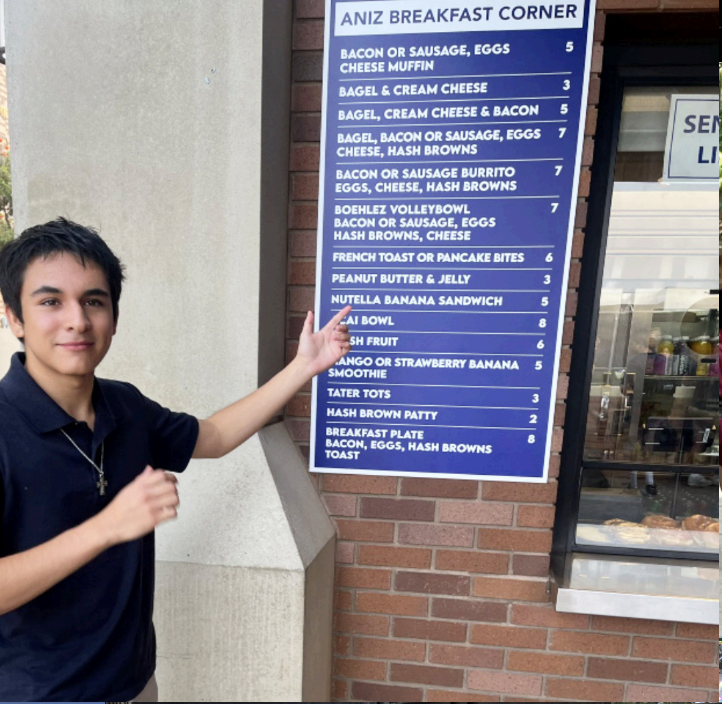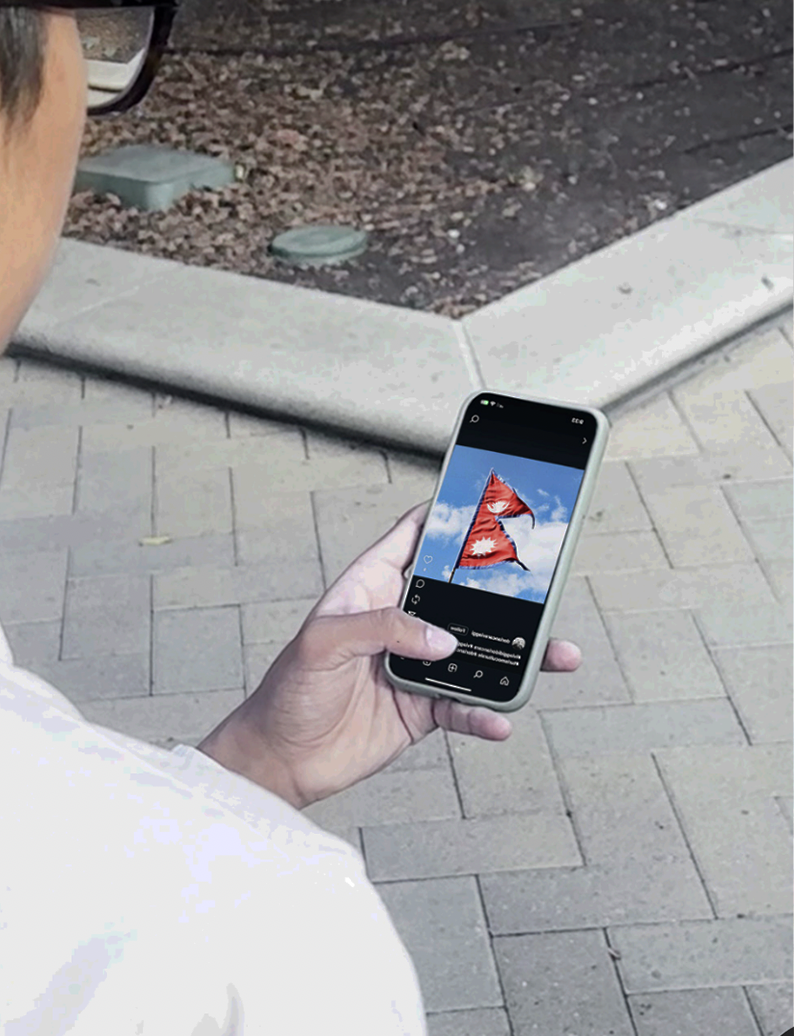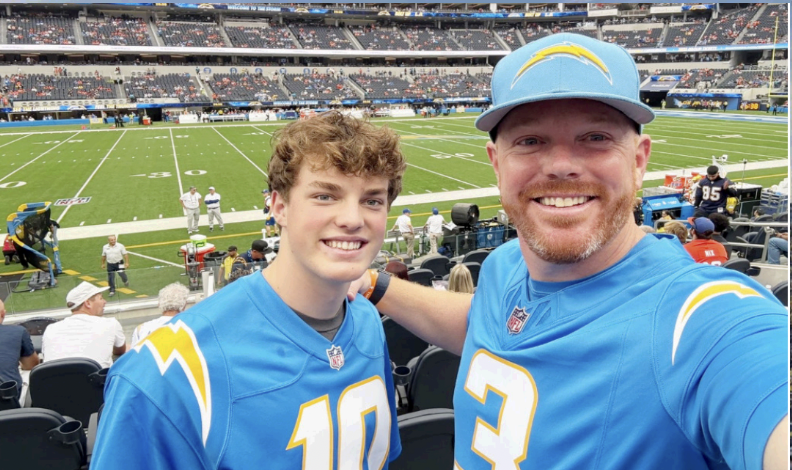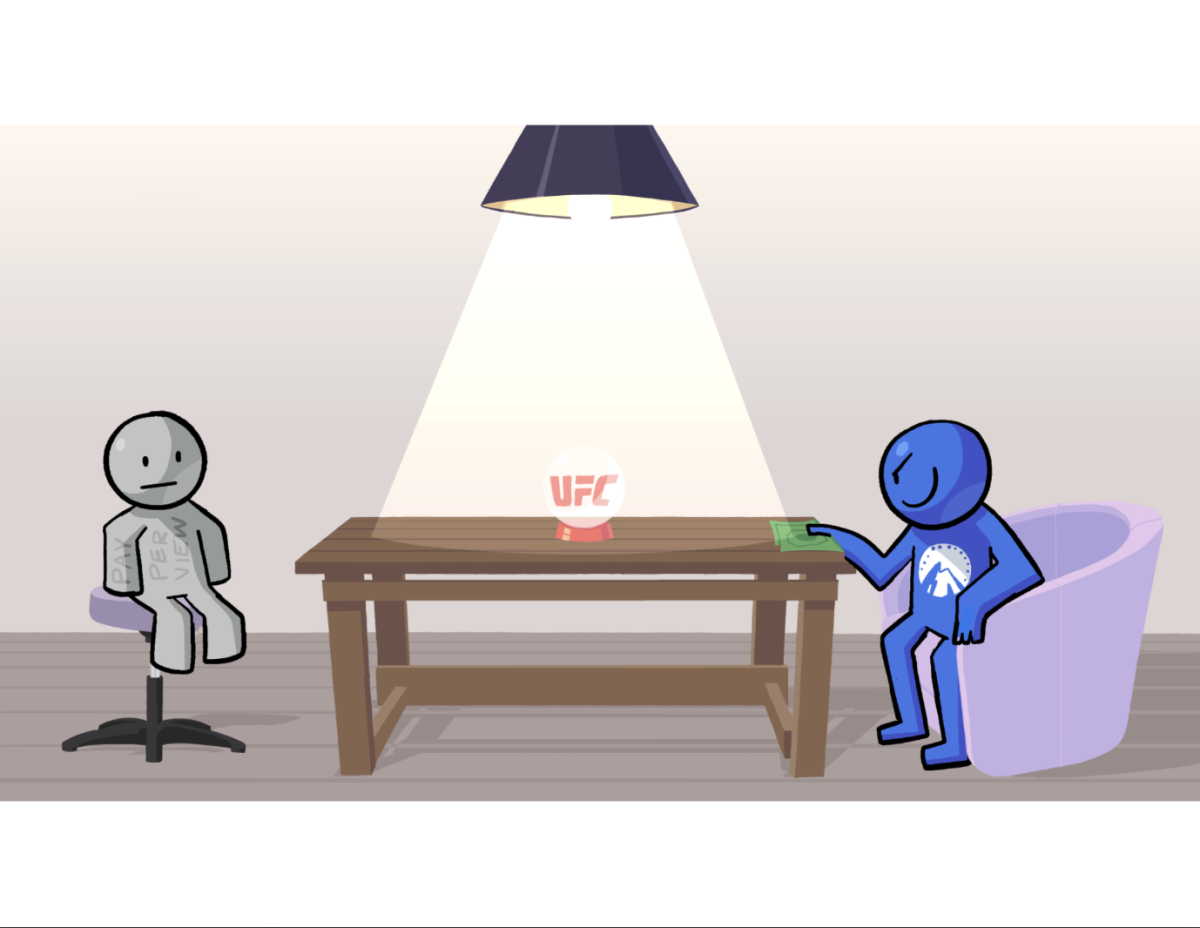Imagine if you could never feel pain and had to fight thugs who just kidnapped your girlfriend.
Novocaine is a 2025 action/thriller movie directed by Dan Berk and Robert Olsen that revolves around a similar plot, but it also incorporates different realities and messages about life.
The main plot follows Nathan Caine, a man who cannot feel pain but is also a mild-mannered introvert working as an assistant manager in San Diego. Sherry Margrave, Nathan’s coworker and love interest, invites him over—but the next morning, she’s kidnapped, launching Nathan into a violent chase that carries through the rest of the movie. Eventually, he rescues her, only for the movie to end with him silently eating a cherry pie—odd, eerie, and somewhat profound.
Based on the summary, this movie may seem like mindless killing for the sake of love, but it isn’t as simple as it looks. The idea of not feeling plays a huge role in this movie—not just physically, but emotionally. Pain and love go hand in hand. Like Martin Luther King Jr. said, “Man must evolve for all human conflict a method which rejects revenge, aggression and retaliation. The foundation of such a method is love.” With MLK Jr.’s commentary in mind, Nathan becomes a kind of tragic foil—he operates on revenge, aggression, and retaliation, yet lacks the foundation of love because he literally cannot feel it.
“At first, I thought it was just going to be another action movie,” said Enzo Martinez ’26, “but by the end, it really made me think about what it means to feel pain—and how numbness isn’t the same as strength.”
On top of its message about emotional vulnerability, Novocaine also subtly tackles mental health. One haunting scene shows Nathan surviving a shootout, riddled with bullet holes, yet speaking calmly to his friend as if nothing happened. He smiles. He reassures. But his body tells another story. It’s a sharp metaphor for the way people can hide deep psychological pain under the surface.
According to the World Health Organization, more than 727,000 people take their lives each year. Berk and Olsen clearly intended this film not just as spectacle, but as a message about what unspoken pain can do.
Collin Wyma ’27 commented, “It was honestly disturbing to watch someone walk around with wounds that would put anyone else in the hospital—and then just act normal. That hit hard. You realize a lot of people do that emotionally every day.”
It’s easy to rate Novocaine just based on its gripping action scenes—like when Nathan uses his exposed arm bone to take down an enemy in a moment of gory intensity. In that regard, it absolutely delivers what action fans crave. But the film’s willingness to explore numbness, emotional repression and mental health elevates it.
It’s a film that doesn’t just show violence—it asks why we accept pain and how we choose to feel.
So, Cubs, if you’re into fast-paced thrillers with a side of existential dread, Novocaine will be sure to entertain you—and maybe stir something deeper beneath the surface.


































